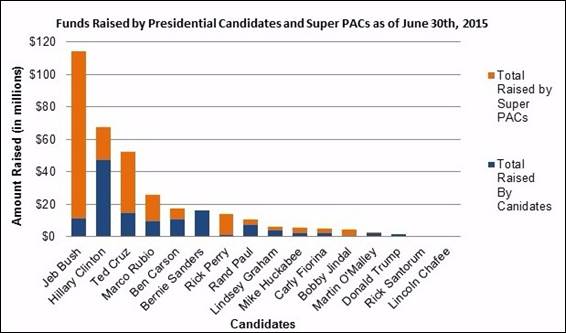Why Shark Attacks Have a Silver Lining

While recent headlines about the above average number of shark attacks in the U.S. this year may have rethinking your summer vacation, the incidents could be good news for the ocean’s ecosystem.
Conservation measures implemented to prevent the decline of great white sharks are paying off, scientists have found. The global population of great whites has been in recovery since 1990.
One of the key components in this environmental success story is the passage of the Marine Mammal Protection Act in 1972. With the legislation, seal and sea lion populations began to rebound along the West Coast. Great white sharks eat both seals and sea lions and having more food available most likely boosted their comeback.
A healthy shark population makes for a more balanced ecosystem, leading to healthier oceans that support all lives, both human and non-human. Oceans produce over half of the oxygen in the atmosphere and absorb the majority of carbon in it.
The increase in the number of sharks suggests that some of the damage humans have caused in the oceans has been reversed. However, it will take a while for sharks to rebuild their populations completely. It takes sharks at least eight years to reach a reproductive age and gestation periods can last 18 months.
Even though “Sharknado: Oh Hell No!” is getting awful reviews this week, everyone should applaud this other bit of shark-related news.
Will Trump's Tax Cuts Really Happen? Economists Are Surprisingly Optimistic
Despite all the thorny questions swirling around President Trump's nascent tax reform plan, 29 of 38 economists surveyed by Bloomberg in a monthly poll said they expect Congress to cut taxes by November of next year.
The hitch: The economists don’t expect the cuts will help the economy much. The median projection of a larger group of 71 economists is for 2018 growth of 2.3 percent, up only slightly from 2.1 percent this year — and by 2019, the economists see growth slipping back to 2 percent.




